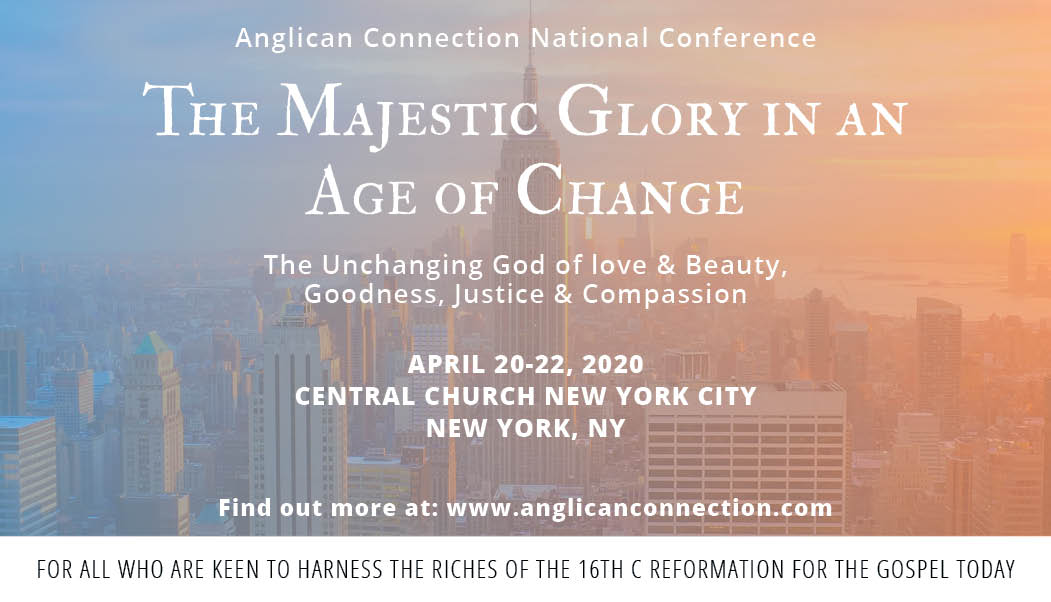In an article, ‘Female confidence gurus – inside the feminist fad taking New York by storm’ (Spectator Life, February 17, 2020), Olivia Grant includes her comments on Regena Thomashauer’s recent book, ‘Pussy: A Reclamation,’ a New York Times best seller. Olivia Grant notes: ‘the gist was essentially that the patriarchy has pulled an elaborate con on women encouraging them to hate their bodies, fear other women and become disconnected from the divine feminine’.
‘To fight back, Regena argues, women need to start celebrating themselves, their feminine experience and their anatomy. Literally revisioning themselves as ‘goddesses,’ which is a term she uses a lot. “I want women to be turned on again,” she said simply when I got her on the phone. “When I looked at the women around me they seemed unplugged and uninspired. I want to help them find their power and enthusiasm.”
I draw attention to the article, not to discuss it but rather to note that here is another example of the cry – from both women and also, I suggest, men – for an answer to the question: ‘Who am I?’
In his Letter to the Colossians Paul the Apostle writes: See to it that no one takes you captive through philosophy and empty deceit, according to human tradition, according to the elemental spirits of the universe, and not according to Christ (2:8).
Philosophy and empty deceit. Pauls’ construction of the word philosophyand the phrase empty deceit is governed in the original text by one definite article indicating a tight link between the two. Empty deceit is a description of the philosophy he has in mind. It is empty because it lacks truth and vital power because it is not grounded in the truth and vitality of God’s revealed gospel.
Furthermore, such philosophy is devoid of hope because, lacking the light of God’s truth, it leads into a fog of uncertainty. And there is something more: the philosophy of which Paul speaks is deceitful because on the surface it seems attractive. In reality, because it is barren, it only seduces lives that are drawn to it.
Now it needs to be said that Paul is not opposed to philosophy as the love of knowledge. Rather, because he understands that God has uniquely revealed himself, he is opposed to a philosophy originating in human reason as the means of understanding the meaning of life and who we are.
Furthermore, Paul is saying that the philosophy that he is speaking about originates in human tradition and not God’s revelation. It also bears the hallmarks of spiritual forces at work in the world. But most of all, he says, it fails to recognize the reality and uniqueness of God’s revelation supremely revealed in the life, death and resurrection of Christ.
Fullness. And that is not all. In Colossians 2:9 we read: For in him (Christ) the whole fullness of deity dwells bodily,… This is a rich and profound statement, for Paul is not simply stating that the qualities of divinity are present in Christ. Rather, he is telling us that in Christ the very essence of God lives. Jesus Christ is fully and truly divine in the same way that God the Father is. To know Christ who came amongst us as one of us and who is now glorified in the fullness of the majesty and power of God, is to know God. And, being the fullness of God in this way, he truly reveals God to us.
All of this has significant implications for everyone who turns to Christ Jesus: …and you have come to fullness in him, who is the head of every ruler and authority (Colossians 2:10). God’s people share the fullness of the life of Christ and so participate in God’s very nature. Indeed, in John 1:16 we read that out of the fullness of God’s Word incarnate we receive grace upon grace– mercy unbounded.
Imago dei. In creating us in his image God’s purpose is that we share in his divine nature. The fall of men and women led to ‘incompleteness’ – a broken relationship with God and with one another (including between the sexes), moral bankruptcy, a distorted reasoning, and a spiritual blindness. Only through a relationship with the One in whom the fullness of God lives is there any hope of our restoration. And what a restoration it is. Our human nature can be filled out as it was meant to be in a reconciled and joyful relationship with God. But we come to experience this only when we are honest and humble enough to turn to Christ in heartfelt repentance and faith.
I recently quoted CS Lewis where he says: ‘If we let Him – for we can prevent Him, if we choose – He will make the feeblest and filthiest of us into a god or goddess, a dazzling, radiant, immortal creature, pulsating all through with such energy and joy and wisdom and love as we cannot now imagine, a bright stainless mirror which reflects back to God perfectly (though, of course, on a smaller scale) His own boundless power and delight and goodness. The process will be long and in parts very painful; but that is what we are in for. Nothing less.’



